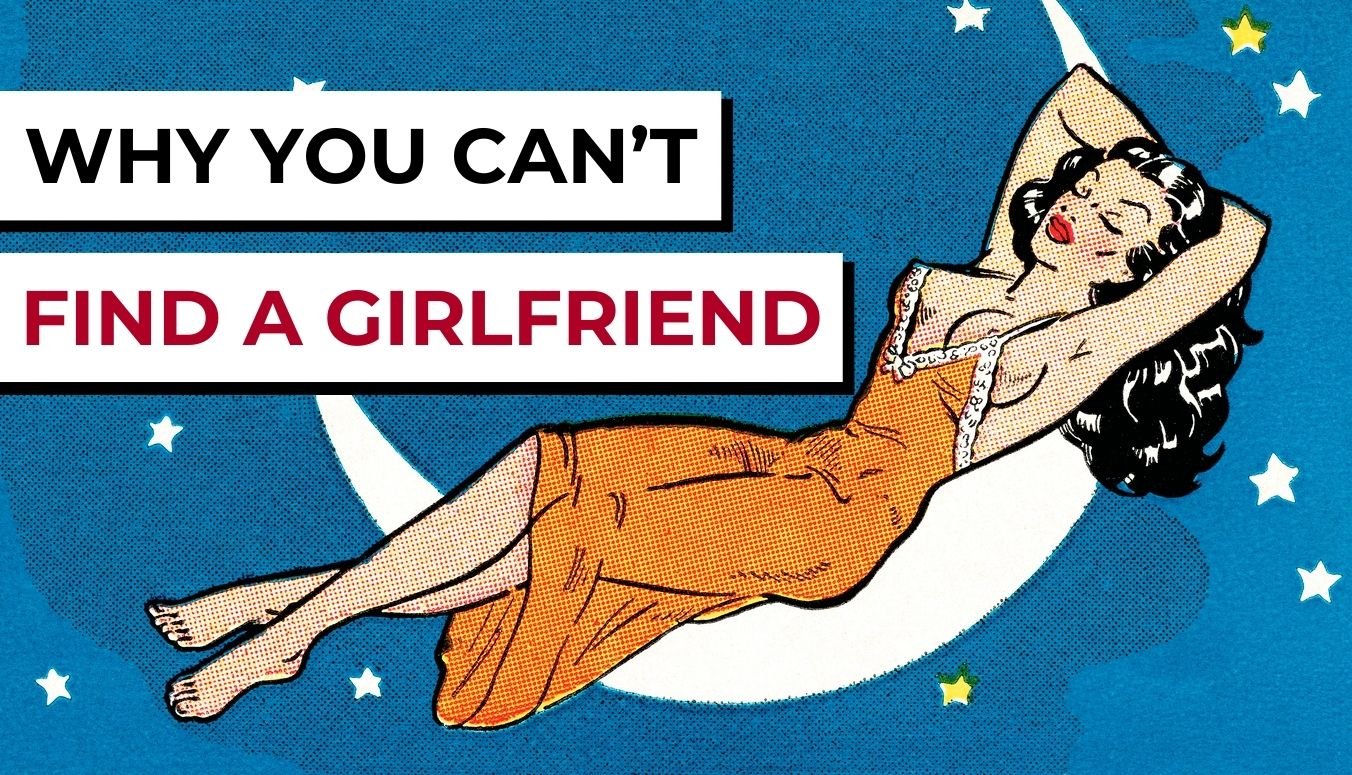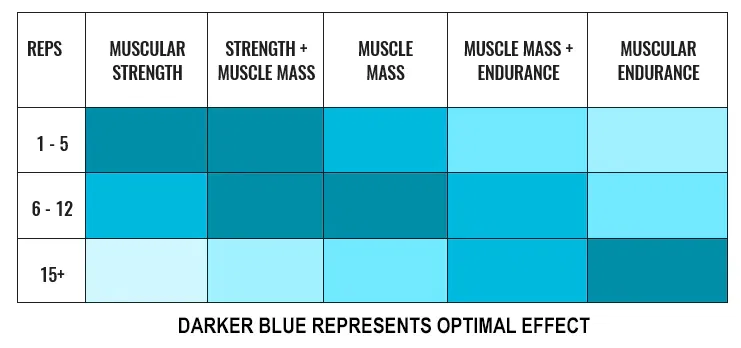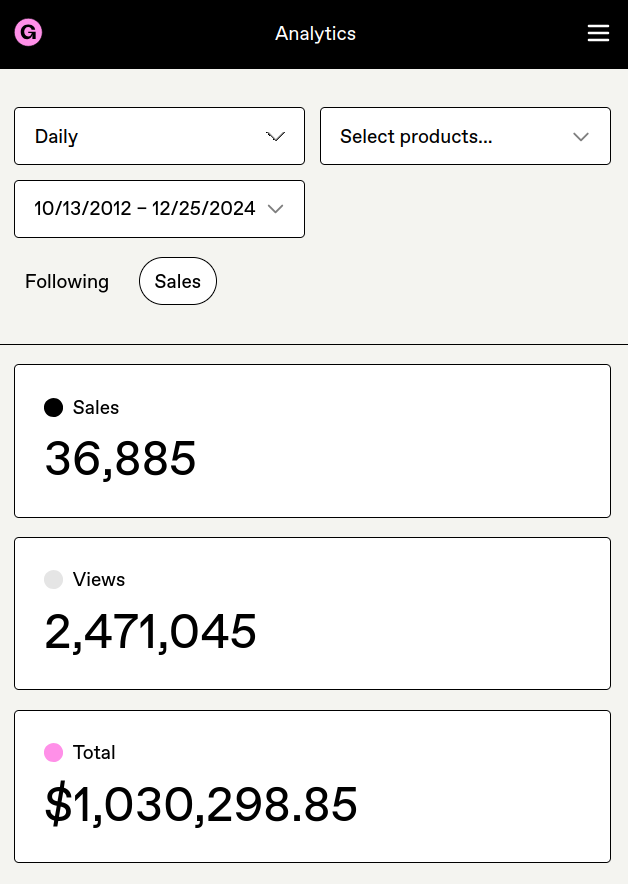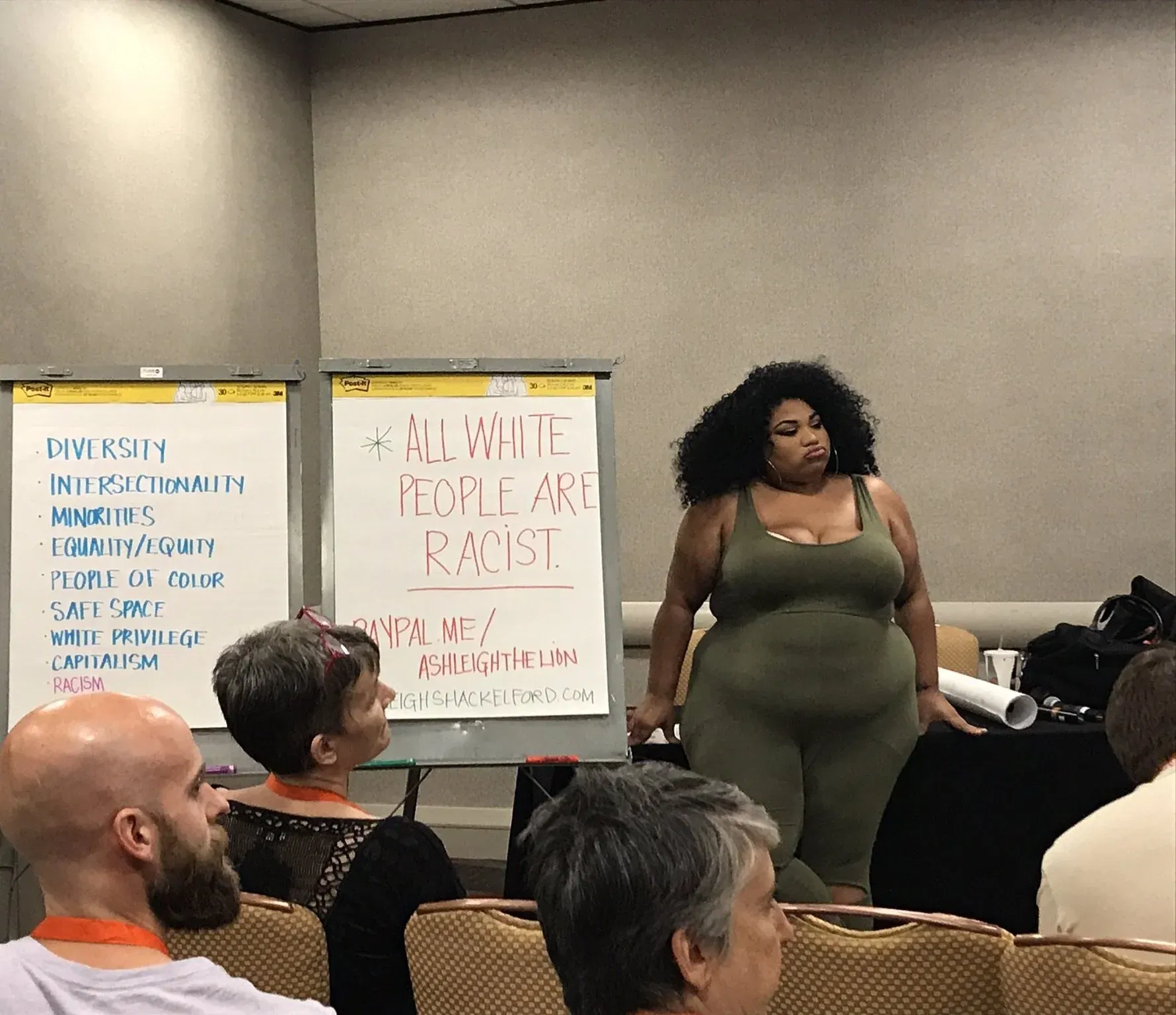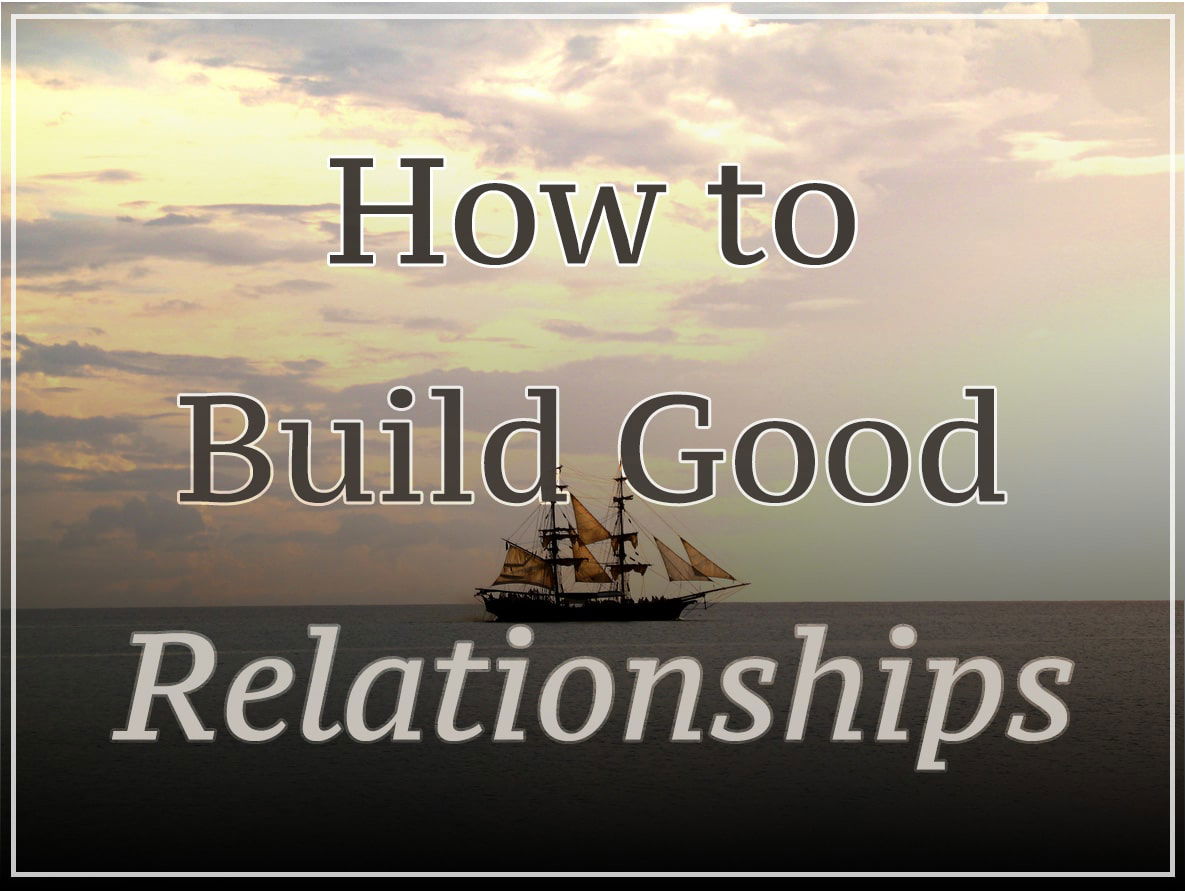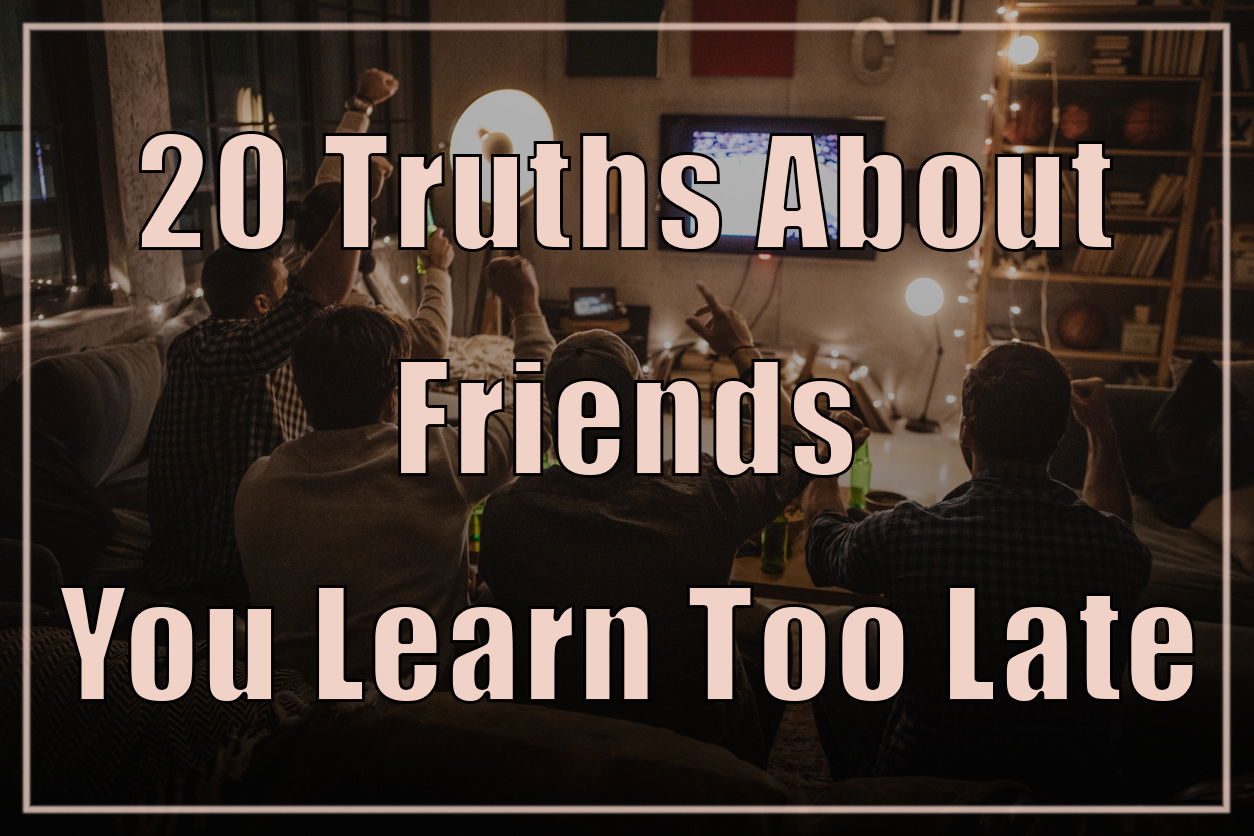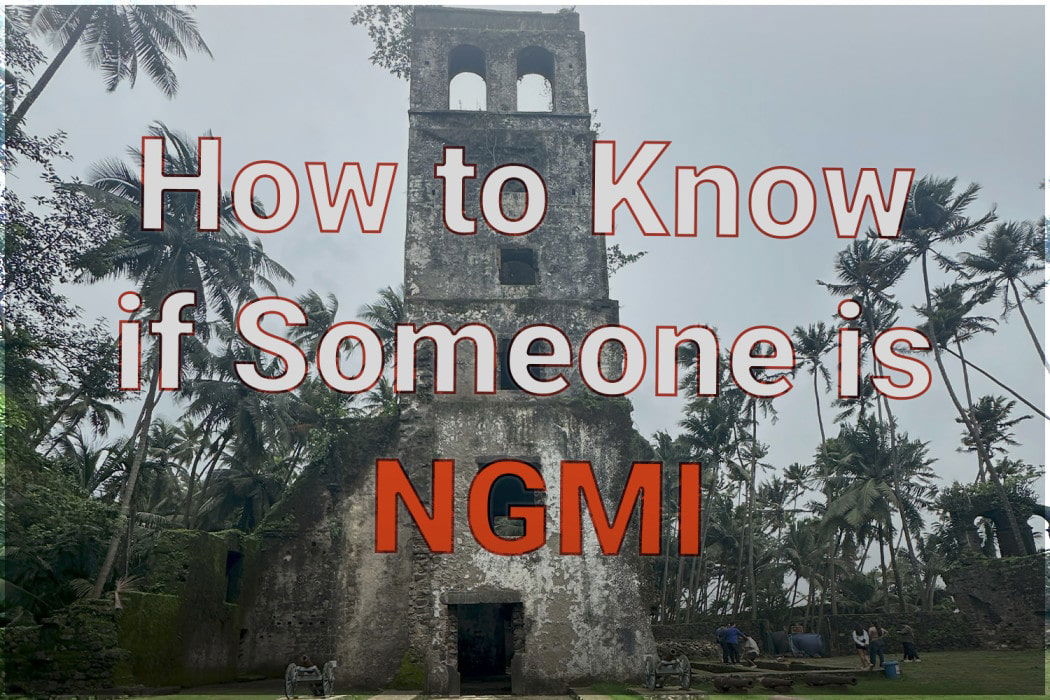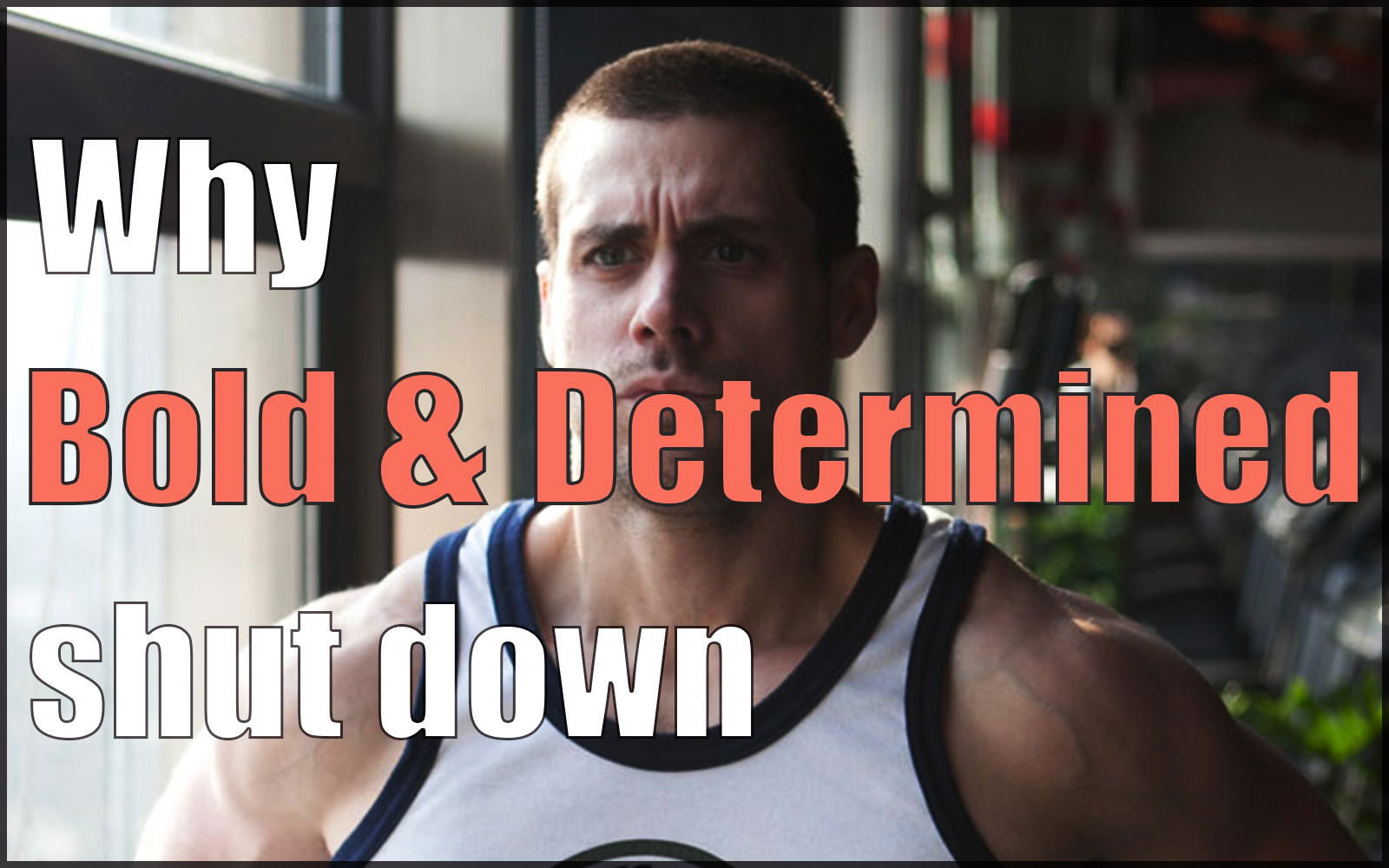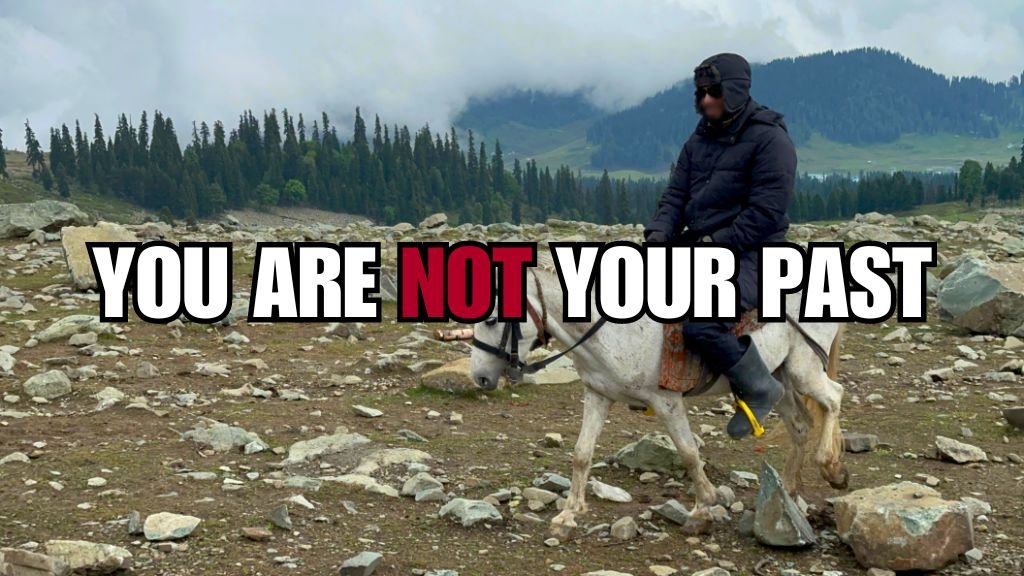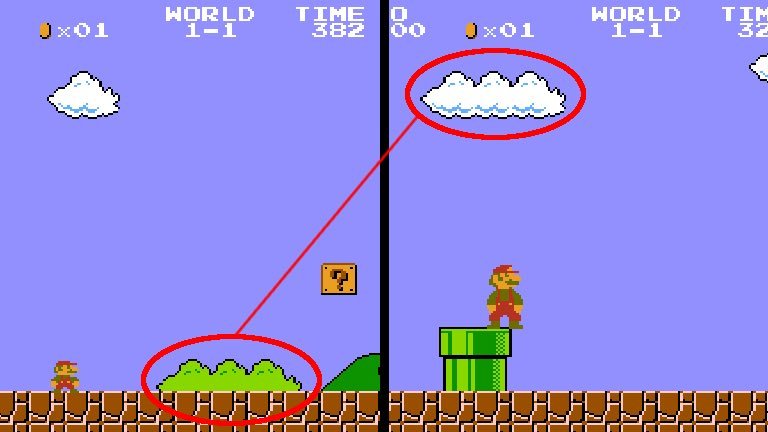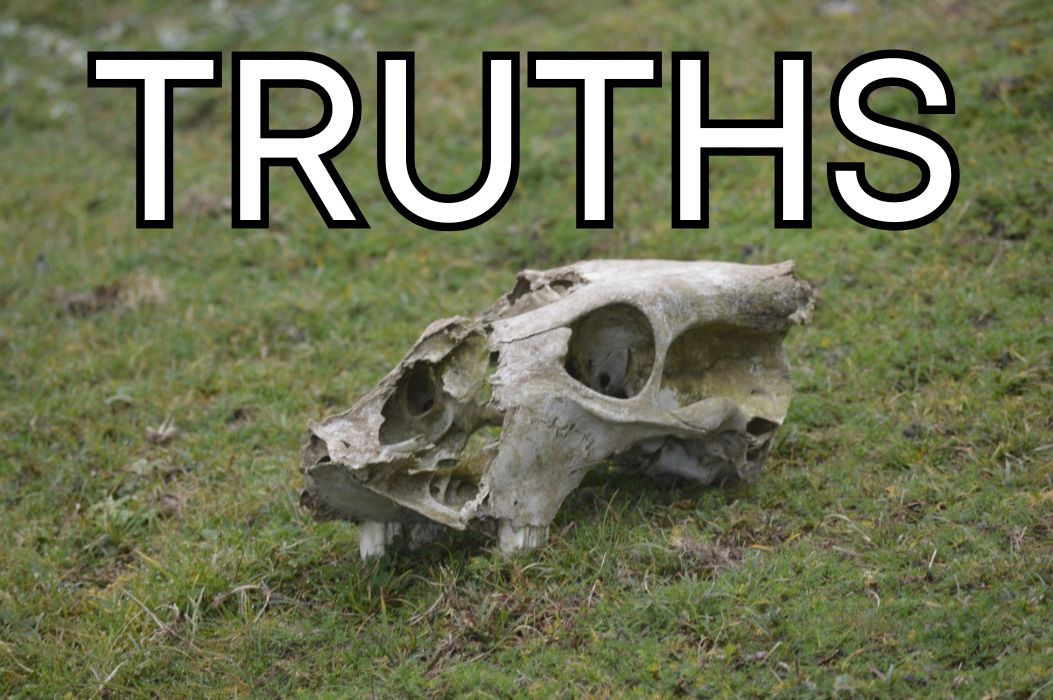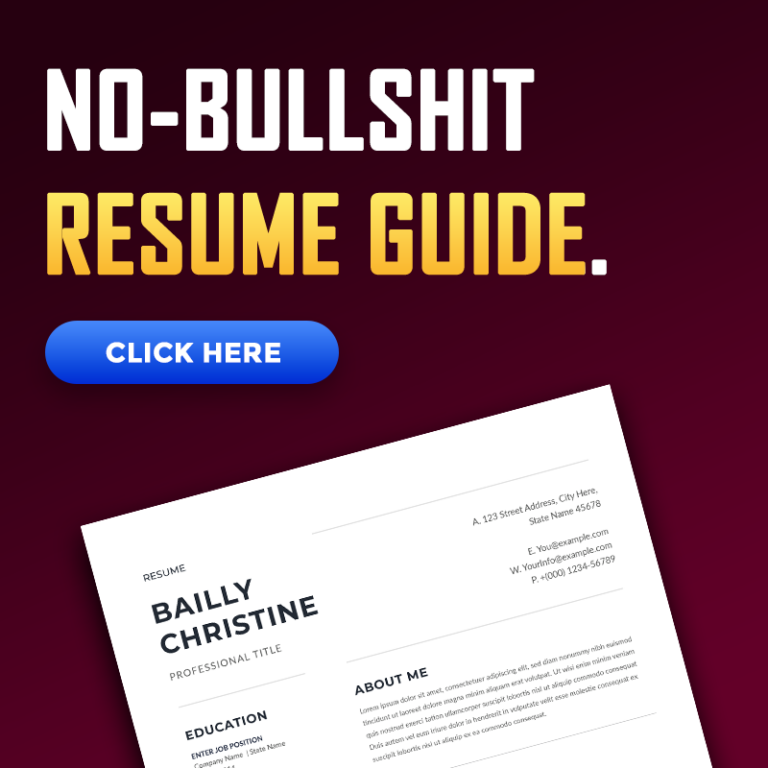A few months ago, we lost Charlie Munger – one of the greatest investors of his time. He came up with a way to make it easier to think critically – and he called it “a latticework of mental models”.
“You must know the big ideas in the big disciplines and use them routinely – all of them, not just a few. Most people are trained in one model – economics, for example – and try to solve all problems in one way. You know the old saying: To the man with a hammer, the world looks like a nail. This is a dumb way of handling problems.” – Charlie Munger
The idea is that most people are well versed with only one way of thinking and apply that to everything.
The guy who studied economics thinks of everything from an economics perspective, the math guy does it with math, the psychology bros push psychology everywhere, vegans think one gram of red meat will kill you, or starting strength bros think bicep curls are useless – you miss the big picture and a lot of benefits from a multidisciplinary approach.
If you had all the big mental models from all the big fields like math, physics, biology, engineering, economics, psychology, philosophy, history, etc. – you are much better equipped to deal with the world.

You don’t need to be an expert in all fields, you just need to take the big mental models and use them as a checklist.
I’ll give you a very real world example concerning launching a product:
Sales guy: I’ll just build something that kind of works and then get some customers for it. Once I have some sales, I’ll fix up the product.
Engineering guy: I’ll build the perfect product that has all the features and works well. Then I’ll look for customers.
This happens ALL THE TIME. The engineering guys produce something perfect that no one wants. If the engineer knew some sales, he would be much better off because he’d then try to sell along with building his product.
If he has no sales related mental models (most engineers don’t), you just end up spending months working on a product that no one wants to pay for.
It is important to know all the big ideas from all the big fields. It just helps you think better.
For example, if you want to spread an idea/product – what big models can help you make your plan?
Go through all the models like a checklist and see which ones apply.

- Critical mass (from physics): If 20% of people around you use WhatsApp, will you use WhatsApp? What about 50%? – What is the tipping point?
- Directional Graphs (from math): How does the app move from one person to another? Should you target the social butterfly (from sociology) who knows everyone?
- Margin of safety (from finance): If your server can handle 100 users at a time, should you take in 200 assuming on average 50% will be online? Or should you take in only 150 to have some buffer space?
- Scale (from economics): How many users can I hope to attract in total? If I want to make $x and I make $y per user, how many users do I need? At what point do I hit economies of scale and my costs flatten?
- Reciprocity Tendency (from psychology): Maybe you can let people get a free month if they refer a user (who will also get a free month). This way everyone gets something – the users get a free month, and you get more users.
- Influence-from-association-tendency (from psychology): Should you get someone big to use your product? Maybe a celebrity or a respected figure in the field?
- Technical debt (from computer science): Should I build the app to support scale from the beginning, or should I code something that works “for now”?
- etc.
You get the point – you need to think of an idea from multiple perspectives using all the big mental models and you’ll have a much better idea of what to do.
You don’t want to be a monkey with a hammer who only thinks of things from one perspective.
If you don’t have a checklist of mental models ready – you are likely to miss many.
That’s the idea by Charlie Munger. To have a checklist of mental models you can draw upon to make decisions any time.
Why You Should Get 100 Mental Models and Think Better by Wisdom Theory?
Simply because it’s the best book on the subject.
Wisdom Theory does all the work for you. In 100 Mental Models and the ancillary book Think Better (which contains 100 more models), you get 200 of the biggest ideas from all the big fields of thinking:
- Math
- Statistics
- Philosophy
- Psychology
- Physics
- Chemistry
- Biology
- Economics
- History
- Engineering

Everything is detailed and you don’t need to open Wikipedia to learn about the models. There are examples it helps you grasp each idea better.
I read the book a few years ago when it was launched and it helped me make much better decisions – both with life and with business.
Some simple ones I find myself regularly using:
Pain Avoidance Tendency: When you are struggling to pick between two options, pick the one that causes the most pain.
This is because the brain likes to avoid pain and overvalues the option that is the least painful. If you can’t decide if you should go swimming or walking – go swimming because it’s more painful.
Sunk cost: I ordered a burger but it sucked. Should I still eat it because I’ve paid for it?
No, because what I paid is sunk cost. It’s already gone. The decision you now need to make is – should I eat this burger for free? If it sucks, probably not. It’s not healthy, and it’s not tasty – so what’s the point?
Framing: I’m on a sales call. Planning to pitch the prospect the service for $1000.
I can say “we’ll charge you $1000”, or I can say “Since this is our first time working together, we’ll give you a discount and charge you only $1000”. The second one works much better. One frames it as a “price to negotiate”, and the other is a “friendly low price for you that you shouldn’t negotiate further”.
These models of thinking are very useful to know and apply – and they are very profitable too (The book easily paid me more than 1000x the listed price).
Wisdom theory just launched Think Better which is like 100 Mental Models Part 2 and I just dug through it. The amount of effort put in is insane and the book is very useful. He’s also incorporated more fields like Computer Science (Moore’s Law, Clarke, technical debt, etc.)
I highly recommend 100 Mental Models and Think Better. Your critical thinking and decision making will improve significantly after you read them.
He also throws in a bunch of bonuses like checklists, memos, audiobooks, classic books, and more to make the deal sweeter – but he didn’t need to. The base books themselves are well worth the price.
Get your copy of 100MM by Wisdom Theory and start reading it today.
– Harsh Strongman
P.S. For the “Trust-But-Verify” guys, here’s proof that I bought and read 100 Mental Models when it was launched:





![Traits Women Find Attractive Traits Women Find Attractive (And How to Score Yourself) [PART 1: Physical Aspects]](https://lifemathmoney.b-cdn.net/wp-content/uploads/2025/11/Traits-Women-Find-Attractive-1.jpg)




